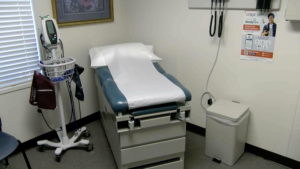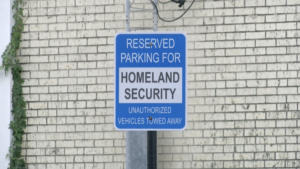
EDINBURG – Inflation has risen to a record high in 40 years according to the Public Broadcasting Service. Exactly how long will American wallets continue to be under inflationary pressure, and what does this record-high inflation mean for the future of the US Economy?
Economics professor Salvador Contreras explained that problems with inflation started with the pandemic. He said at the onset of the pandemic, the U.S. Economy went into a lockdown and consumers started changing their patterns and buying everything and anything they could.
“Inventories went down, and we put stress on manufacturers to keep producing the things that we wanted, there were shortages of many components to produce goods. This quickly led to inflationary pressures on the US Economy, in addition to that there are all the externalities […] we put excess stress on shipping, demand for gasoline,” said Contreras.
Economics professor Maroula Khraiche mentioned many factors that contributed largely to the initial rise of inflation, like stimulus checks, rapid consumer spending, supply chain shortages, and the war in Ukraine and the unexpected increase in demand for goods.
“The federal reserve in response to this high inflation, raised interest rates up to 4% this year, this is a historic high, the last time it was this high was back in the 80s. So, they increased interest rates quite a bit in order to cut into this demand, in order to reduce demand, and bring prices back under control,” said Khraiche.
Khraiche added that economists are forecasting a recession for 2023.
“There could be a recession coming. What we are not sure about is how severe this economic slowdown is. We are hoping it’s going to be brief, quick, and not as painful. It’s going to depend on what inflation looks like next year, the job market, and global conditions,” said Khraiche.
Khraiche said inflation has declined slightly, but it is still very far from the 2% target that we are used to. She mentions that predicting when Americans can start seeing inflation decline is not definitive, but she remains hopeful that it will come down.
Finance professor Jorge Vidal advised Americans to be weary of their spending habits, and spend less money on things they don’t need so they have money for their necessities.
“For the recession, I think we all just have to be prepared for losing jobs, and having a rainy-day fund, an emergency fund ready. Watch your budget, don’t spend more than you’re making. If you don’t have one, start right now and build your rainy-day fund,” said Jorge Vidal.




